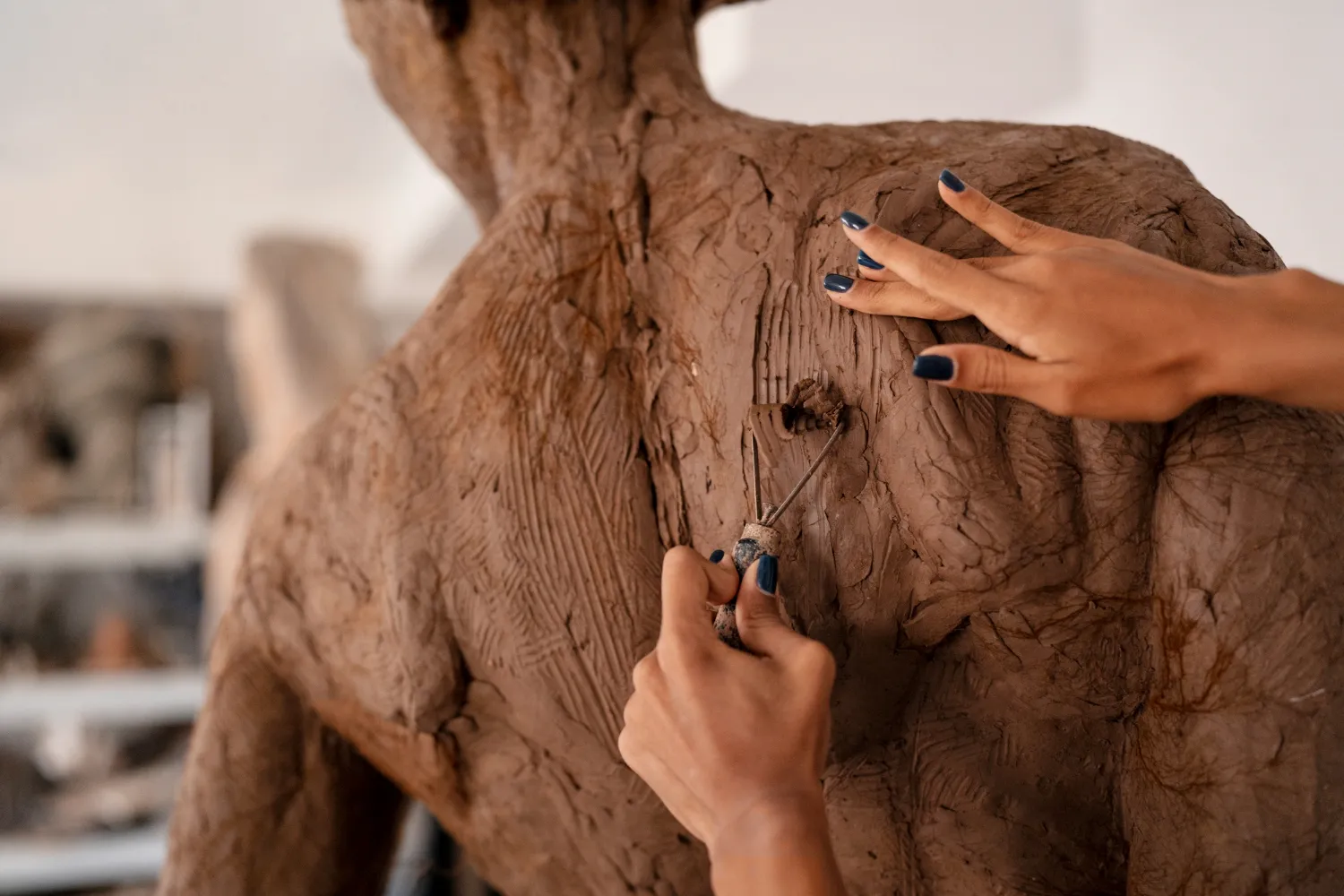Impactful Ignorance: What I Didn’t Know, Almost Destroyed Me

John Holt
“The true test of character is not how much we know how to do, but how we behave when we don’t know what to do.”
Three years ago, I didn’t know what I didn’t know. I was a proud father, lawyer, and startup business owner—and yet, I was drowning in addiction, which took the forms of: emotional/comfort eating, alcohol and substance abuse, and lack of sleep. In rehab, I was finally diagnosed with ADHD, depression, grief, and anxiety. Not one of these had ever been explored. Prior to my breakdown, no one told me to get a psychological assessment. I was unaware I needed or could get one.
You see, like many of you, I was a highly functional person. A proud father, brother, son, business owner, lawyer and friend to many. I was also a functional addict, masking my pain by performing well in my different roles. Until my father died five years ago when I was 38 years old.
That pain, that undiagnosed grief, loss and grief induced depression that followed, led me down a path of self medicating with drugs, alcohol and food. Those addictions (what are best described in recovery and counselling as presenting issues) led me to rock bottom. Relationships burned. Money lost. Shame, guilt and anger followed me around. I needed help. I was too proud, ignorant and in denial to ask for and to receive help.
I share this now not to invite pity, but to shine a light for those still in high-functioning pain and shame — Functional addicts. The ones who show up in meetings, lead teams, raise families—but suffer silently. You may not be on the streets, or downtrodden like I was, but you’re still lost inside.
What changed for me? In rehab, I stopped pretending I knew. I embraced professional help and began my recovery journey, and found faith—not in religion, but in the sacredness of surrender. Rehab didn’t just give me a foundation for abstinence; it reignited my love for service and learning new things. My long lost passion for regular fitness returned.
Three years later, courtesy of family, friends and supporters, I am back in university now studying to become a certified addiction recovery counsellor. I now work across multiple facilities, supporting families, and coaching other recovering addicts. It took my dad dying, for me to hit rock bottom, get help and get back on the right path. I know I am doing my dad proud. For once in a long time, I can say that I am proud of the man I am today. I am proud of the father I am becoming. I am a proud recovering addict, proud mental health champion. I am a man who fears God and is walking with Him once again.
Most people wait for a crisis before they act. But I beg you—don’t wait for rock bottom. Start now. Begin with a mental health assessment. Welcome help. Set the ego aside. Ask: “What if I don’t know what’s really going on with me?” This is the contemplative stage of change. It’s uncomfortable. It’s humbling. But it’s the doorway to peace.
To the recovering addict—your struggle does not define you, but your willingness to grow does.
To caregivers—supporting someone doesn’t mean rescuing them; it means walking beside them.
To professionals—never underestimate the impact of holding space without judgment.
My challenge to you: Book a session with a mental health professional A.S.A.P—whether for yourself or someone you care for. And if you’re in a good place, be that space for someone else. Because when we stop pretending we know it all, real transformation begins.
Your pain might be hidden, but healing begins with honesty. Faith. Service. Growth. Fitness. Mindfulness. These are the 6 pillars that sustain my sobriety & fuel my long-term recovery. Let’s walk each other home.









